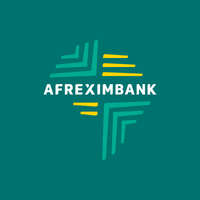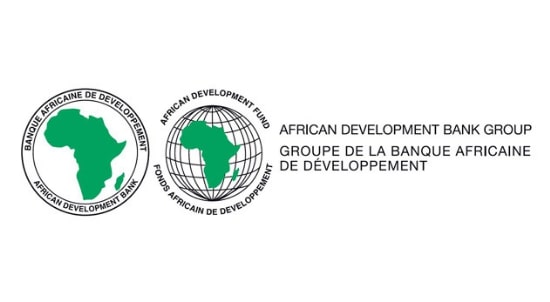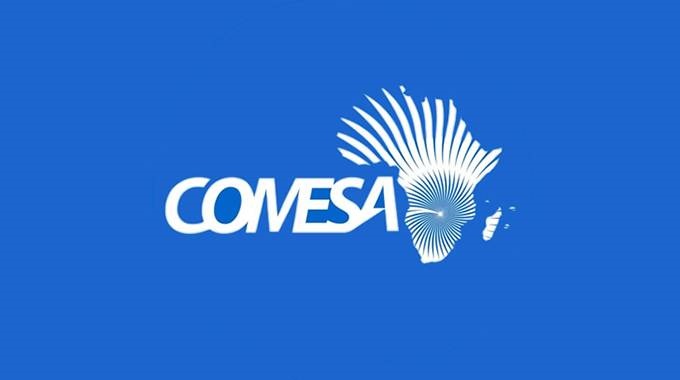Afreximbank and MDGIF sign strategic MoU to accelerate development of gas infrastructure in Nigeria

Algiers, 12 September 2025 –African Export-Import Bank (Afreximbank) and the Midstream and Downstream Gas Infrastructure Fund (MDGIF) have signed a landmark memorandum of understanding (MoU) to establish a collaborative framework aimed at promoting, developing and improving gas infrastructure in Nigeria.
African Development Bank, AU Commission launch continental food safety initiative

The African Development Bank and the African Union Commission (AUC) have recently launched the Strengthening Food Safety Standards and Nutrition in Africa (SFNA) project, a crucial initiative to bolster food security, public health, and trade across the continent.
IATF 2025: African Development Bank and Algeria strengthen partnership to boost startups and SMEs in Africa

The African Development Bank and Algeria’s Ministry of Knowledge Economy, Startups, and Micro-Enterprises have pledged to strengthen their partnership to accelerate the growth of startups and small and medium-sized enterprises (SMEs) across the continent.
Afreximbank and Shelter Afrique Development Bank (ShafDB) Forge Strategic Partnership to Unlock US$1 billion in investments

African Export-Import Bank (Afreximbank) and Shelter Afrique Development Bank (ShafDB) have signed a groundbreaking Joint Project Preparation Facility (JPPF) Framework Agreement. This strategic partnership aims to unlock a cumulative investment value of at least US$1 billion and is set to significantly transform housing and urban development across the continent and boost trade and investment.
Bank of Agriculture and Afreximbank Sign Agreement at IATF2025 for US$1 Billion Financing Programme to Support Bank of Agriculture’s National Smallholder Farmers Fund

The Bank of Agriculture (BOA), represented by its Managing Director/CEO, Mr. Ayo Sotinrin, has signed a landmark deal with African Export-Import Bank (Afreximbank), represented by the Executive Vice President for Intra-African Trade and Export Development, Mrs. Kanayo Awani. The agreement was finalisedduring the recently concluded and highly successful Intra-African Trade Fair (IATF) 2025 in Algiers, Algeria.
GHANA BREAKS NEW GROUND IN FOREST GOVERNANCE: ISSUES AFRICA’S FIRST FLEGT TIMBER LICENCE

Ghana officially launches the Forest Law Enforcement, Governance and Trade (FLEGT) licence, making it the first African country and the second globally after Indonesia to issue this licence. This historic milestone solidifies Ghana’s leadership in sustainable forest governance and legal timber trade.
African Development Bank and Tanzania Launch $63.2 Million TANIPAC Initiative to Combat Aflatoxin Contamination and Boost Agricultural Trade

The African Development Bank, the Government of Tanzania and the Global Agriculture Food Security Program (GAFSP) have officially launched the Tanzania Initiative for Preventing Aflatoxin Contamination (TANIPAC), marking a transformative step in the country's efforts to ensure food safety, protect public health, and strengthen agricultural exports.
African Development Bank, AfCFTA Secretariat, and Africa50 Unite to Unlock $3.4 Trillion Continental Market Through Strategic Infrastructure Development

The African Development Bank Group, the African Continental Free Trade Area (AfCFTA) Secretariat, and Africa50have signed a Memorandum of Understanding to catalyse infrastructure development across the continent and unlock the full potential of the largest free trade area in the world since the establishment of the World Trade Organization.
TICAD9: Japan International Cooperation Agency and African Development Bank sign agreement to extend Enhanced Private Sector Assistance initiative for $5.5 billion

The Japan International Cooperation Agency (JICA) and the African Development Bank on Thursday signed a Memorandum of Understanding launching the sixth phase of the Enhanced Private Sector Assistance (EPSA6) agreement, which provides a framework for critical resource mobilization and development partnership for African countries.
Innovating Trade, Powering Growth: COMESA Strengthens Trade Ties and Regional Leadership in Nairobi

Let us work together to unlock the full potential of our common market and make regional trade more inclusive, efficient, and resilient. This was said by Kenya’s Principal Secretary for Trade, Ms. Regina Akoth Ombam, during the official opening of the 41st Meeting of the COMESA Trade and Customs Committee, which has commenced in Nairobi, Kenya.




